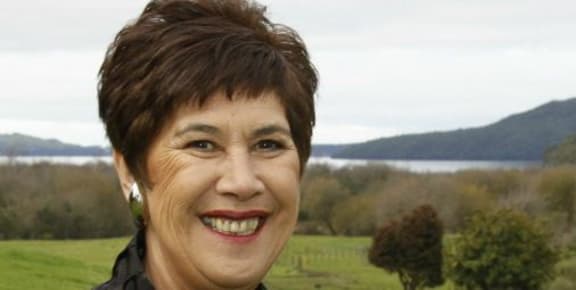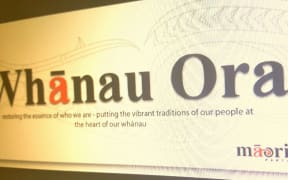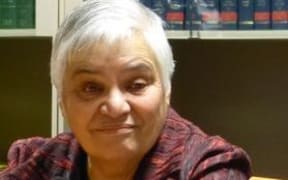The gap between rich and poor Māori is widening dramatically, and iwi needed to step up and take care of their people, a Whānau Ora chief executive says.
The chief executive of Whānau Ora's commissioning agency Te Pou Matakana, John Tamihere said raising the wellbeing of whānau is what Whānau Ora hoped to achieve, but low incomes and high housing costs were creating new poverty cycles across the board.
Speaking at a Whānau Ora conference in Auckland he said tribal Māori owe urban Māori a slice of the pie.
He said iwi needed to step up and take care of their people, or court action was likely.

John Tamihere. Photo: Supplied
"The chasm between rich Māori around that chequebook and the poor Māori on the street is growing more dramatically than it is in Pakeha society.
"And we now know in Pakeha society the chasm is huge because even white folk are having to sleep in cars."
Māori were caught up in a class system which magnified the issue, and while the government was responsible for addressing social issues, it was time for iwi leaders to step up and take care of their people, Mr Tamihere said.
"And if they don't wake up the urban Māori whānau will start taking them to court to get them to ensure that they meet their obligations, duties and responsibilities as our stewards of our assets.
"We don't want them to make another billions dollars and make out that we don't exist anymore.
"That's a pretty harsh message, if they don't like it who cares, they owe obligations and duties to the street."
The first treaty settlements were signed 22 years ago and both those iwi, Ngāi Tahu and Tainui/Waikato, have grown their asset bases to over a billion dollars each.
Mr Tamihere said those within iwi who controlled the chequebooks needed to honour their obligations and their duties to their beneficiaries.
"They're going to have to invest in the change, so deep and difficult are our circumstances"
Te Pou Matakana has reported it has worked with 8900 families since it began less than two years ago.
The board's chairperson, Merepeka Raukawa-Tait, said it was time the government moved more resources to Whānau Ora where Māori work for Māori.

Merepeka Raukawa-Tait. Photo: SUPPLIED
"For many years significant millions of dollars have been going into government agencies and some significant mainstream providers and there's been no noticeable quantum move for Māori families and that's no longer acceptable.
"There have been many service providers who have lived off the misery of our families and that must stop," she said.
The issues facing less privileged families would impact heavily on all New Zealanders if no action was taken now, Ms Raukawa-Tait said.
"We really have to be serious about what's at stake for this country."






